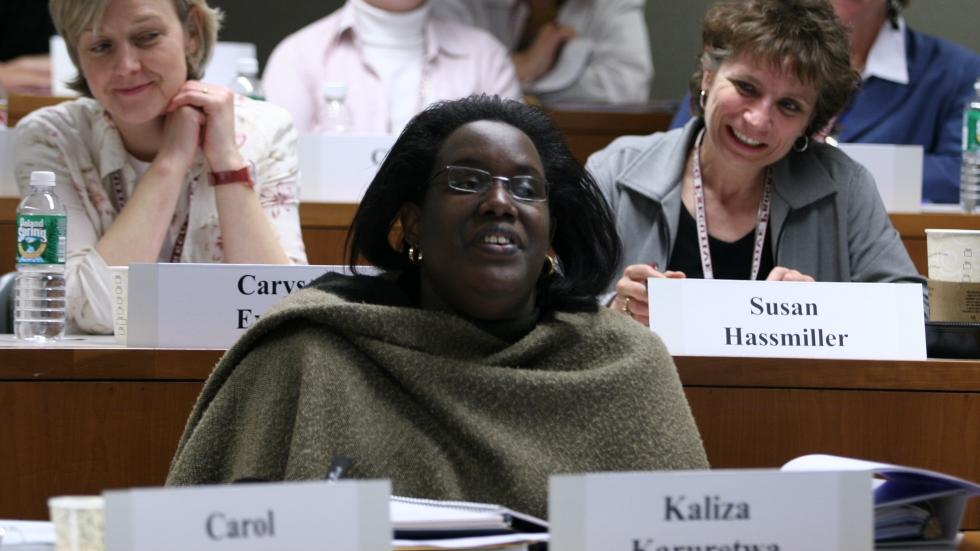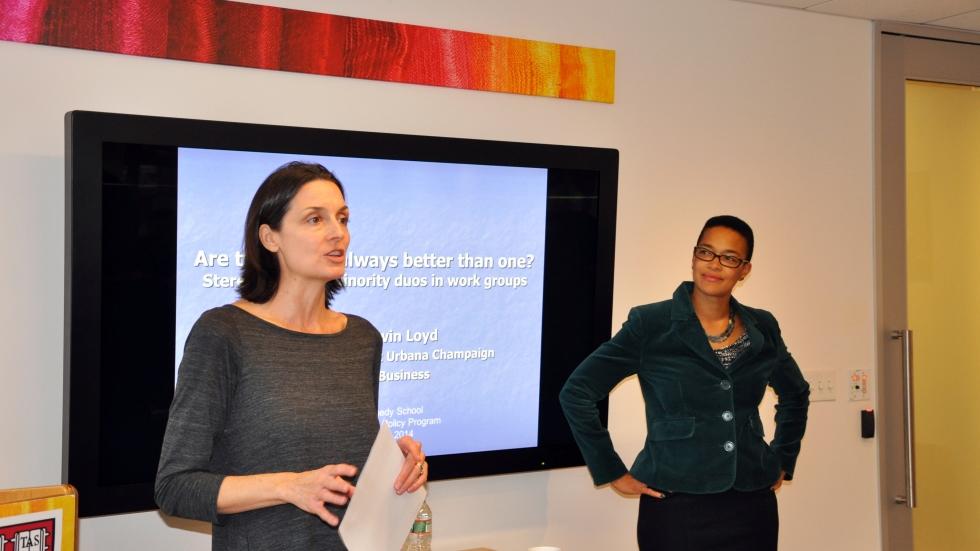Hannah Riley Bowles is the Roy E. Larsen Senior Lecturer in Public Policy and Management at Harvard Kennedy School (HKS). Hannah the chairs HKS Management, Leadership, and Decision Sciences (MLD) Area and co-directs the HKS Women and Public Policy Program (WAPPP). She is a leading expert on how gender influences pay negotiations and more broadly on negotiation as a micro-mechanism of inequality. Her current research focuses on women's leadership advancement, examining both situational barriers and individual strategies. Her research appears in academic publications, such as the Academy of Management Journal, Journal of Personality and Social Psychology, Organizational Behavior and Human Decision Processes, Organization Science, Psychological Science, and Journal of Behavioral Decision Making. Her research has been featured in major news media, including ABC News, National Public Radio, New York Times, Slate Magazine, The Atlantic, The Boston Globe, The Wall Street Journal, The Washington Post, and TIME. She teaches “Conflict & Collaboration” in the MPP core curriculum and is the faculty director of Women & Power, the HKS executive program for women in senior leadership from the public, private and non-profit sectors. She won the HKS Manuel Carballo Award for Excellence in Teaching in 2003. She has been actively involved in negotiation and conflict management training, practice, and research for over 25 years, including early career opportunities to work for the governments of Argentina, Costa Rica, and Germany. She has a DBA from the Harvard Business School, an MPP from HKS, and a BA from Smith College.
In the News
Recent Publications
Contact
Office Address
Taubman-110A
Mailing Address
Harvard Kennedy School
Mailbox 124
79 JFK Street
Cambridge, MA 02138
Contact
Phone: 617-496-4717
Fax: 617-496-2850
hannah_bowles@hks.harvard.edu
Assistant
Greg Dorchak (617-496-8304)
greg_dorchak@hks.harvard.edu







